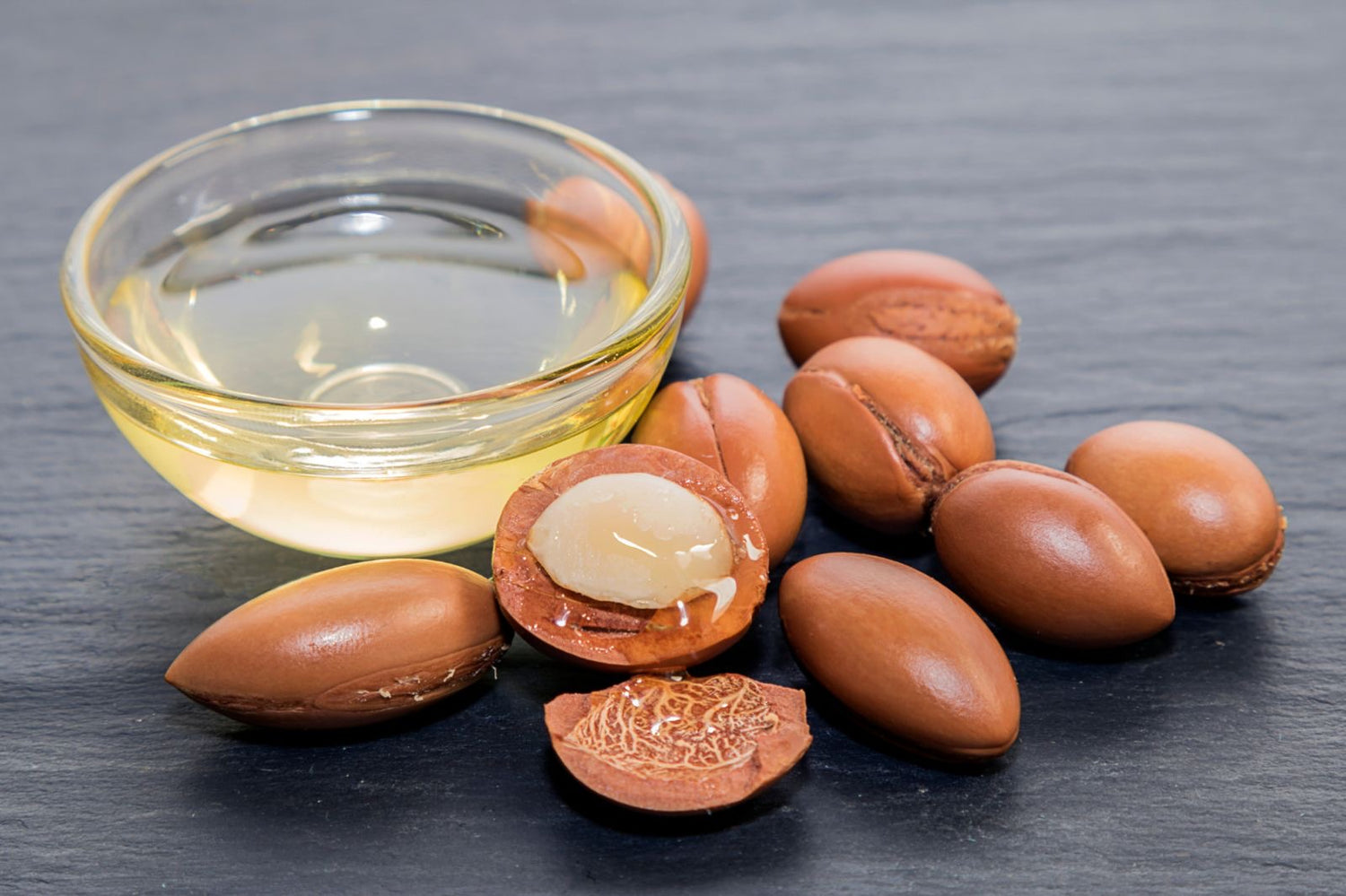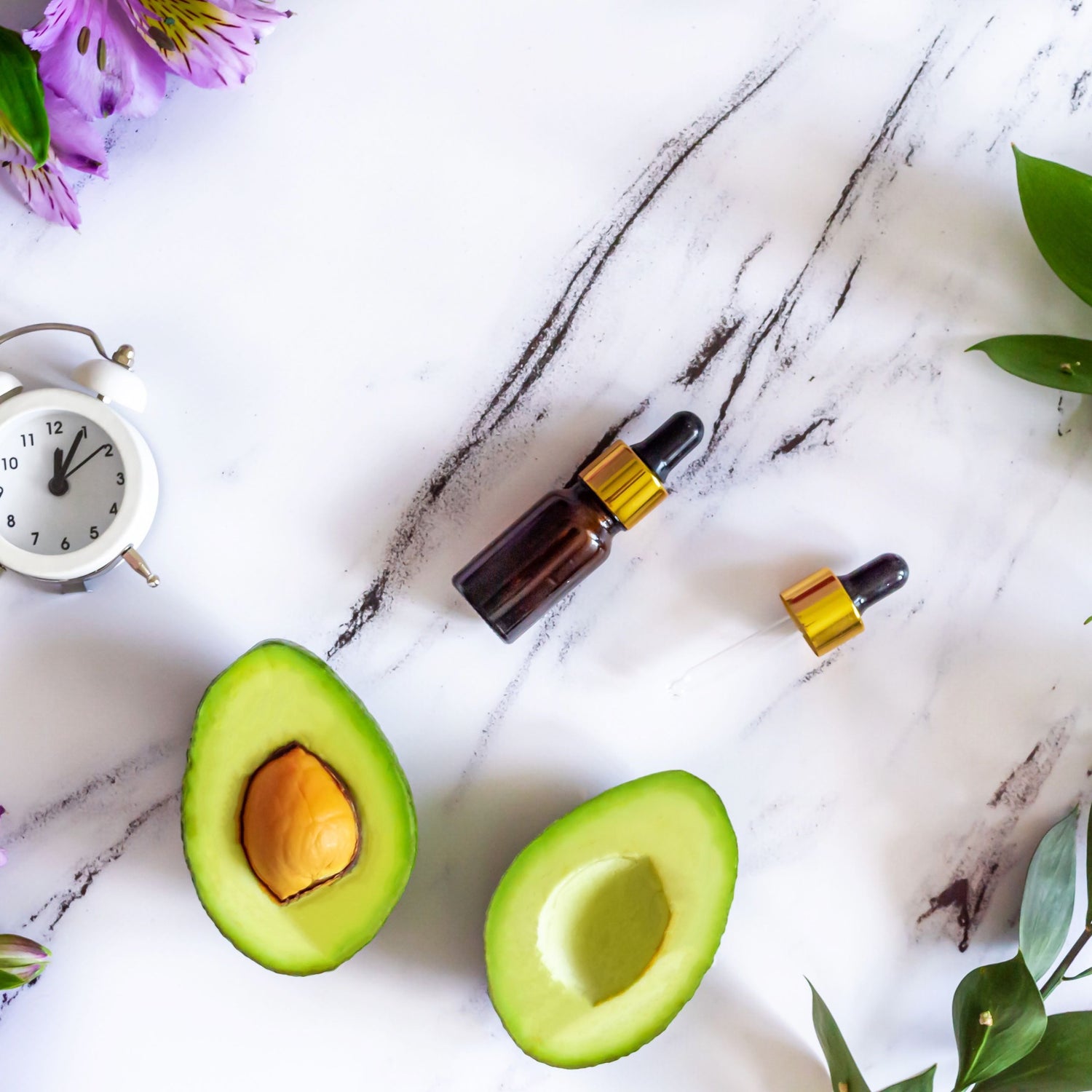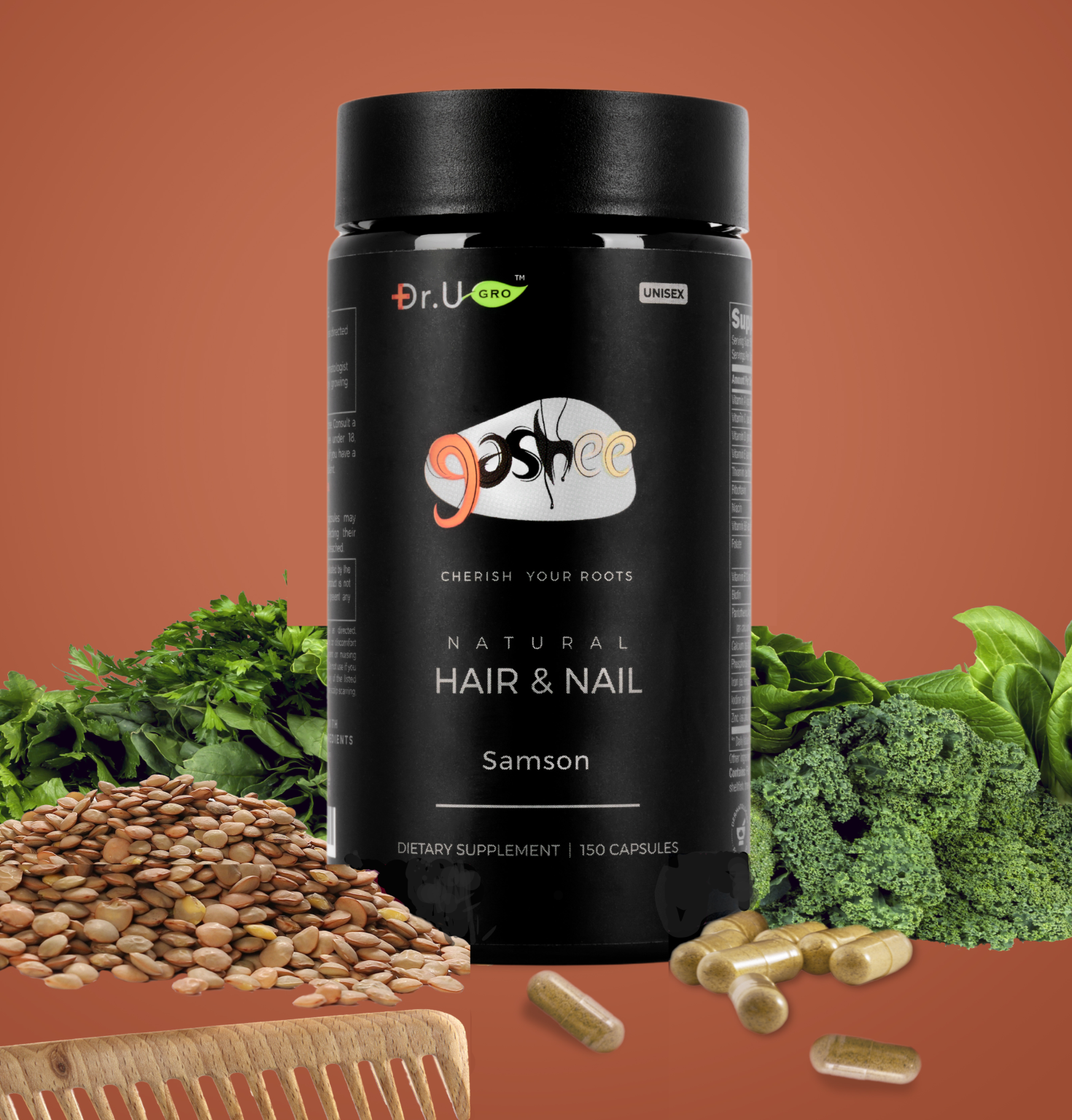Sunburns happen, even to the most diligent sunscreen users. Thankfully, there are several natural ways to soothe and treat sunburns at home, using ingredients you may already have in your kitchen or bathroom. We’ve gathered expert advice from top dermatologists in New York City to bring you the best remedies for cooling down sunburned skin naturally.

How to Treat a Sunburn at Home
1. Aloe Vera
Aloe vera is a classic and widely recognized remedy for sunburn. In addition to cooling the skin, aloe vera gel contains anti-inflammatory properties that can help soothe sunburned areas. According to Dr. Debra Jaliman, a board-certified dermatologist and author of Skin Rules: Trade Secrets from a Top New York Dermatologist, the gel provides both immediate relief and healing benefits. Keeping a bottle of aloe vera gel handy during the summer is a great idea. Better yet, use the gel directly from an aloe vera plant for even more potent effects. Apply generously to affected areas for cooling and soothing relief.
2. Hyaluronic Acid
If your face has been affected by sunburn, board-certified plastic surgeon Dr. Melissa Doft recommends using a facial serum containing hyaluronic acid. Known for its natural ability to retain moisture, hyaluronic acid can help hydrate and heal sunburned skin. It is a hydrating substance naturally produced by the body and is especially effective at plumping and moisturizing dry, damaged skin without further irritation. Incorporating a hyaluronic acid serum into your skincare routine post-sunburn can aid in the skin’s recovery process.
3. White Vinegar
White vinegar is another common household item that can help alleviate sunburn symptoms. Dr. Jaliman suggests applying white vinegar to affected areas to relieve pain and inflammation. Since white vinegar contains acetic acid, it not only soothes but also acts as an antiseptic, potentially reducing the risk of infection. You can dilute white vinegar with cool water and apply it to sunburned skin with a clean cloth for instant relief.
4. Baking Soda
To restore the skin’s natural pH balance, Dr. Jaliman recommends using baking soda. Mix a small amount of baking soda with cold water to create a soothing compress. Applying the compress for about 15 minutes can provide relief from discomfort and help your skin recover more quickly. This remedy is gentle and non-irritating, making it a great choice for sensitive, sunburned skin.
5. Cucumber
Cucumbers aren't just for salads—they’re also a natural remedy for sunburn. Cucumbers are known for their cooling and hydrating properties, making them ideal for soothing inflamed skin. Simply slice chilled cucumbers and place them directly on the sunburned areas, or blend them into a paste to apply as a cooling mask. The cooling effect can immediately reduce redness and irritation while providing deep hydration.
Sunburned Scalp: A Commonly Overlooked Area
When we think of sunburns, we often focus on our face, arms, or shoulders. However, your scalp is just as vulnerable to sun damage. Sunburned scalp skin can lead to redness, irritation, peeling, and discomfort—especially in areas where your hair is thinner or where your part is exposed to direct sunlight.
How to Care for a Sunburned Scalp
If you’ve spent too much time in the sun without adequate protection for your scalp, here are some ways to soothe and treat this sensitive area:
-
Aloe Vera Gel: Just as it helps with body sunburns, aloe vera can be applied to the scalp to cool and soothe sunburned skin. Use pure aloe vera gel and gently apply it to the affected areas of the scalp.
-
Gentle Cleansing: Avoid harsh shampoos or vigorous scrubbing, which can irritate sunburned scalp skin. Opt for gentle, sulfate-free shampoos that won’t further dry out or damage your scalp.
-
Wear a Hat or Scarf: After experiencing a sunburned scalp, protecting your head from further sun exposure is key. Wear a wide-brimmed hat or scarf to shield your scalp while it heals.
Additional Tips for Sunburn Care
In addition to these natural remedies, here are some additional tips to help your skin heal:
- Stay Hydrated: Sunburn draws moisture out of your skin, so it's important to drink plenty of water to stay hydrated and help your skin recover.
- Wear Loose Clothing: Opt for loose, breathable fabrics like cotton to prevent further irritation while your skin heals.
- Avoid Hot Showers: While it may be tempting, avoid hot showers or baths as they can further dry out and irritate sunburned skin. Stick to cool or lukewarm water instead.
Dr. UGro Gashee®: Natural Hair and Scalp Care
While Dr. UGro Gashee® products are not formulated specifically for sunburn, they do support healthy scalp care. The Gashee Hair Serum is infused with natural, plant-based ingredients designed to promote a nourished and balanced scalp, which can be beneficial even after a sunburn. Keeping your scalp healthy and hydrated is important for hair growth and overall wellness, especially after sun exposure.
In addition, the Gashee Hair Pomade and Gashee Oral Supplement offer additional support for hair and scalp health by delivering nourishing botanicals to your scalp and hair follicles, helping them maintain strength and vitality even after environmental stressors like sun exposure.
Conclusion
Sunburn can be uncomfortable, but with natural remedies like aloe vera, hyaluronic acid, and cucumber, you can soothe and heal your skin effectively. Don’t forget that your scalp needs care, too! A sunburned scalp can be treated with the same gentle remedies, and Dr. UGro Gashee® hair care products can support long-term scalp health.
Always protect yourself from the sun by wearing sunscreen, protective clothing, and a hat—and if your scalp or skin does get burned, treat it gently and give it time to heal.
References
- Jaliman, D. (2012). Skin Rules: Trade Secrets from a Top New York Dermatologist. St. Martin's Press.
- Doft, M. (2022). Expert recommendations for skin and scalp care after sunburn. [Personal communication].
- American Academy of Dermatology Association. (n.d.). Sunburn: How to treat. Retrieved from https://www.aad.org/sunburn-care
- Mayo Clinic. (2022). Sunburn: Symptoms and causes. Retrieved from https://www.mayoclinic.org/sunburn







